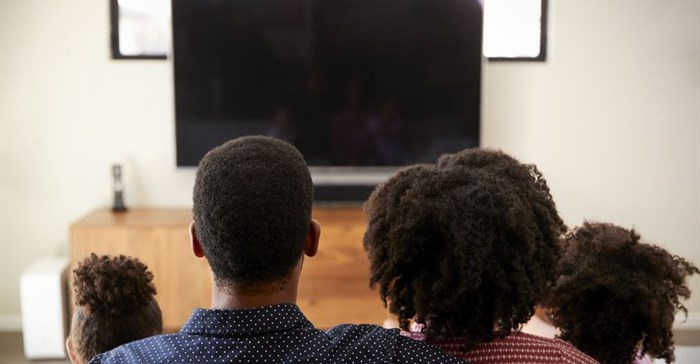
For the past 25 years, South Africa’s creative industry has heavily relied on black narratives that monolithically showcase chronicled experiences of black lives with a blanket focus on themes around our tragic past, disease, poverty, crime, inequality and etc. In as much as these narratives do reflect the reality of many black South Africans, they are not all there is to black South Africa.
Such narratives have always been centred as part of the creative industry’s pursuit of a more ‘representational’ imagery in a society where black people never got the opportunity to have their stories featured in the mainstream media.
These stories were also a way to give people outside the black community access to our true lived experience in a country were different race groups where not privy to one another’s lived realities because of apartheid segregation and propaganda. But unfortunately, over the decades the industry has failed to move on with the times, over and over again, nuanced stories that showcase varying experiences of black people have failed to see the light of day.
The creative industry continues to predominately pursue and celebrate narratives that primarily focus on black tragedy and struggles as though black people don’t exist outside of this paradigm, as though our lives have no real depth and meaning outside the confines of our tragic context.
This is not to say that black people don’t experience those things, but in reality, there are other things that happen in the lives of black people that are very regular and undramatic that aren’t showcased as often as they ought to be. The current model of telling black stories heavily relies on the over-dramatisation of stereotypes that don’t allow black people and black characters to develop and be nuanced in how they show up in the world.
This is important because creating and telling such stories will be an opportunity that helps condition and socialise young black people to believe that the world is also their oyster. It will create a space where they can imagine themselves out of their own circumstances knowing that there are opportunities for young black kids to explore and do things that weren’t historically exposed to people like us.
Exploring alternative stories will also help break the mold and help us as black people reimagine and redefine what we think is a ‘black thing to do’ so we do away with oppressive notions that lead people to believe that there are things and opportunities that are solely reserved for whiteness, therefore shaming each other for ‘acting white’. Creating new kinds of stories that explore un-romanticised black experiences around things like black joy, romance, careers, heartbreak, friendships and etc. will serve to humanise black people.
More everyday stories are necessary to also show that black folks are regular humans trying to get through life living in a complicated world. That our challenges are not that different, but also that our struggles don’t define who we are. Stories that show black kids who have healthy relationships with their parents, friends and with romantic partners who don’t believe that love is about power.
Black lives, people and culture are not one dimensional, so it’s not enough to do the bare minimum when it comes to the representation of black bodies. There is a need for a more holistically humanised approach to black narratives, it’s no longer enough to just tell surface black stories just for the sake of it. In the age of Afro-futurism, we need to also use our creativity to help reimagine a better world to inspire black minds while serving as a tool that enables young black kids to redefine what it means to be black in the world.
We are currently playing it safe with an approach that is more reactionary than proactively innovative and out of the box. We don’t use our creativity to explore unique black stories that create a space where we can showcase alternative worlds for black bodies while reigniting the black child’s imagination through characters that look like her. Stories need to be meaningful by driving active impact in the lives of the audiences that consume creative outputs.
As creators of culture, creatives are uniquely placed to ignite a movement and space that inspires young black kids to reimagine success and being black through storytelling. Thus, so they know and believe from an impressionable age that things like travel and building cars of the future aren’t things that only happen to people unlike themselves. That their stories will still have depth, be worth telling and hearing even when they are not solely rooted in tragedy and suffering.
In 2019 I’d like to see more ads and films that win awards not only because they capitalised and continued to romanticise the atrocity suffered by black bodies, that the industry will just as easily invest and celebrate stories that showcase black people as everyday humans.
That the depth and inspiration of black stories is not just grounded and equal to how much a black person has suffered in their lifetime. Stories that look beyond our trauma at the little things in our lives that help us continue to push ourselves, in spite of our circumstances. Telling stories of black people laughing, loving, smiling and just going about life.
